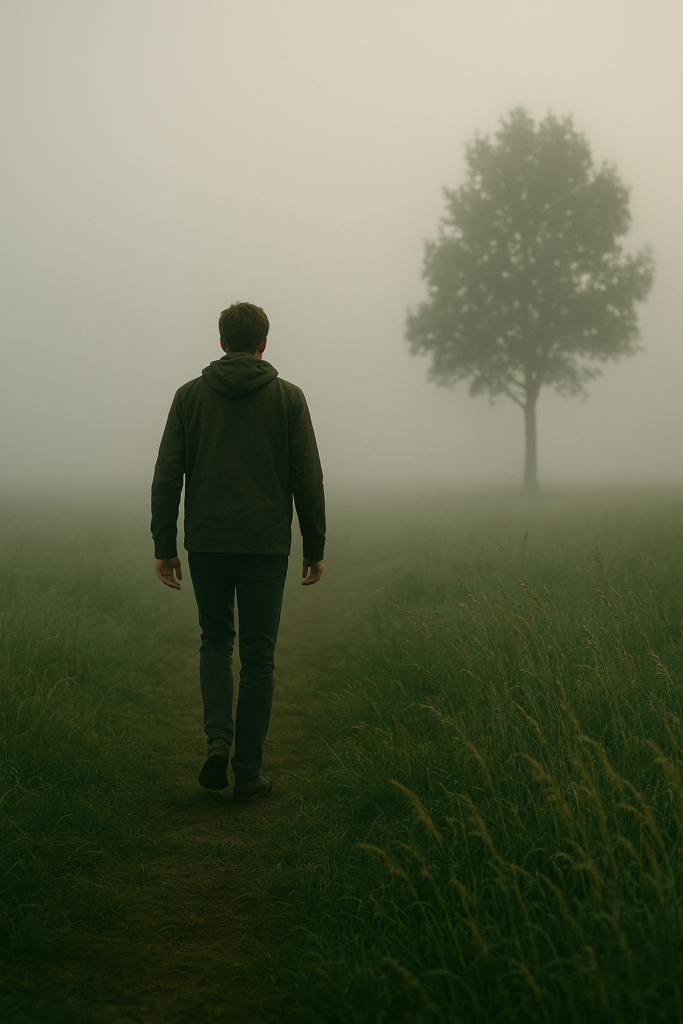Introduction:
In a world overflowing with perfectly posed pictures and curated feeds, it’s the raw, unfiltered emotions captured in everyday moments that truly resonate. Whether it’s the joy of a child running through a sprinkler, the quiet reflection of someone staring out a window, or the laughter shared between friends, these fleeting instances hold powerful stories. In this post, we explore how photographers can train their eye to notice and immortalize the beauty in life’s most authentic moments.
1. Be Present and Observant
The first step to capturing emotion is simply being present. Put the camera down occasionally and watch the scene unfold. Observe people’s expressions, their movements, and how they interact with their surroundings. Emotion doesn’t always announce itself; it often lives in the subtle moments between actions.
Tip: Carry your camera often, even if you’re just going for a walk. Emotional moments are everywhere—at the coffee shop, on the train, or in your own backyard.
2. Use Natural Light to Enhance Mood
Lighting plays a huge role in the emotional tone of a photo. The soft glow of morning or evening light can add warmth and intimacy. Shadows and contrast, on the other hand, can evoke a sense of mystery or depth.

3. Focus on Candid Moments
Posed photos have their place, but candid shots are where emotion truly shines. Let your subjects forget the camera is there. Capture them mid-laughter, mid-thought, mid-tear. The unscripted moments are often the most telling.
Internal Link: Read more on our post about Mastering Candid Photography.
4. Composition Matters
Using composition techniques like the rule of thirds or leading lines can draw the viewer’s eye to the emotional core of the image. Don’t be afraid to leave negative space; it can emphasize loneliness, peace, or contemplation.

5. Edit with Intention
Post-processing is a powerful tool for enhancing the emotional impact of a photo. Use color grading, contrast, and exposure to match the mood you want to convey. But remember, less is often more.
External Link: Learn the basics of emotional color grading with this Adobe Lightroom tutorial.









